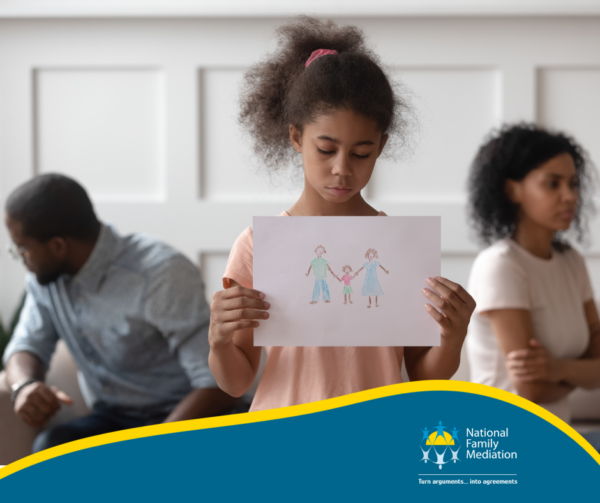Co-parenting after divorce or separation can be a challenging journey, especially when the dynamics between parents are strained or contentious. In such situations, the concept of “Parallel Parenting” often arises as a way to minimise conflict.
What is Parallel Parenting?
Parallel parenting is an approach where parents disengage with each other after separating and each parent will follow their own parenting style when their children are with them. Using this method of parenting, parents typically avoid attending the same events, appointments, or activities related to the children and any communication is often limited to channels like email, text messages, or dedicated co-parenting apps.
The Pitfalls of Parallel Parenting
While Parallel Parenting may seem like a practical solution for those in high-conflict situations, it comes with its own set of drawbacks. Below are some of the key issues associated with this approach:
- Overlooking Crucial Clues to Children’s Well-Being: Parallel Parenting in: who don’t maintain open lines of communication may inadvertently miss vital clues to their childs well-being.
For instance, a child’s change in behaviour or subtle hints of potential bullying can go unnoticed. This is because children may adapt and behave differently in separate homes, making it easier to hide these changes. This can hinder parents’ ability to address and support important issues in their child’s life. Effective co-parenting ensures that these important clues are not overlooked, and the child’s safety and emotional well-being can be prioritised.
- Lack of Consistency: When parents follow their own parenting plans and guidelines, this can create inconsistency in rules and routines for the children, which will lead to confusion and stress for the children.
- Emotional Impact on Children: Children can sense tension and discord between their parents, even when interactions are limited. Parallel Parenting can perpetuate a hostile atmosphere and negatively impact the emotional welfare of the children.
- Perpetuates A Cycle of Conflict: By avoiding communication and collaboration, parents may miss opportunities to grow and improve their co-parenting skills, which potentially perpetuates a cycle of conflict.
At NFM we believe that instead of opting for Parallel Parenting, parents should choose to invest in their children’s well-being by learning how to co-parent effectively.
Co-parenting requires effective communication, mutual respect, and a willingness to work together and put the interests of your children first, as your relationship with your ex can influence your whole family’s happiness.
The Benefits of Co-Parenting
- Consistency and Stability: Children benefit from a stable and consistent routine. Co-parenting involves agreeing consistent routines and guidelines for the children whoever they are with, which provides children with stability and a sense of security.
- Better Problem-Solving: When parents work together, they can more effectively address and resolve issues that arise, ensuring that the children’s needs are met.
- Emotional Well-Being: Children thrive in an environment where they see their parents communicating and cooperating. This promotes their emotional well-being and will help them develop healthy relationships in the future.
You can read more tips for successful co-parenting here.
The Role of Family Mediation
Successful co-parenting requires effort, patience, and a willingness to work together in the best interests of the children. By setting boundaries, communicating effectively, putting your children’s needs first, being consistent and flexible, avoiding conflict, and seeking support when needed, co-parents can maintain a healthy co-parenting relationship that benefits their children.
Family Mediation is a valuable resource for parents who want to improve their co-parenting skills and communication.
Here’s how it can help:
- Neutral Third Party: A trained mediator serves as a neutral third party who can facilitate productive discussions between parents without taking sides.
- Communication Skills: Mediation helps parents improve their communication skills, teaching them how to express their concerns and needs effectively.
- Conflict Resolution: Mediation equips parents with tools and strategies for resolving conflicts peacefully, reducing tension and hostility.
- Tailored Solutions: Mediators work with parents to develop customised co-parenting plans that prioritise the children’s best interests and address their needs.
If both parents agree, children can also be consulted during mediation, this is called Child Inclusive Mediation. Children value the chance to share their worries and concerns and contribute to the plans for the future. By speaking (confidentially) to the mediator, they have the opportunity to do this and the mediator then decides how their views and opinions are relayed to their parents.
While Parallel Parenting may seem like a practical solution in high-conflict situations, it’s essential for parents to consider the long-term effects of this approach on their children.
Family Mediation can help parents learn how to co-parent effectively, and peacefully, by helping to improve their communication skills and resolving conflicts to provide a nurturing and stable environment for their children.
Click here to find out more about Family Mediation or click here to book an appointment with a Family Mediator.

